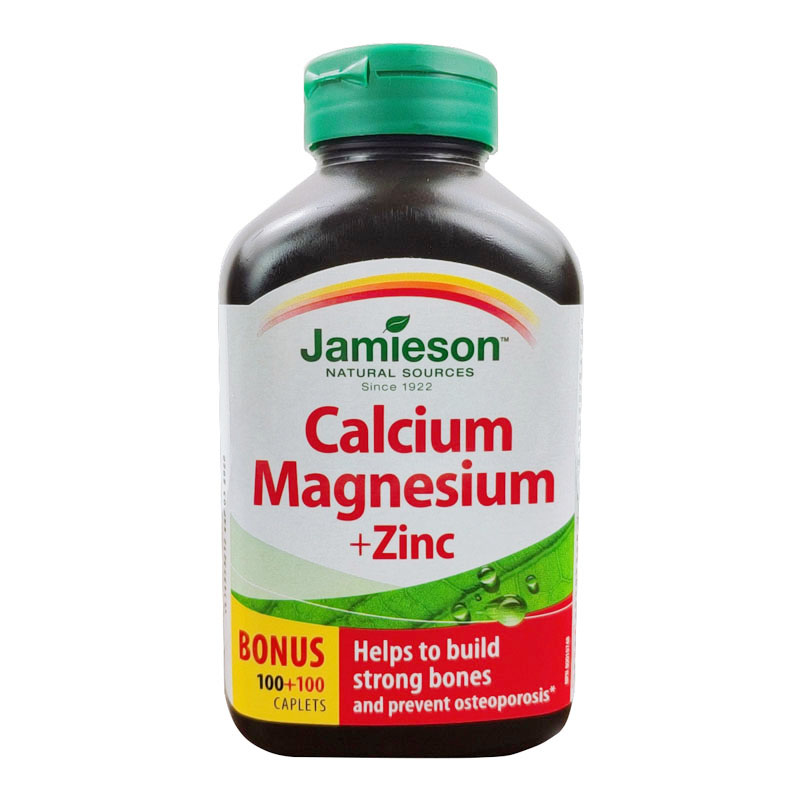
Health benefits of zinc, food sources, and recommendations for zinc supplements
鋅Zinc is a bluish-white metal that dissolves in alkalis, acetic acid, and inorganic acids, but is insoluble in water. It exhibits high corrosion resistance in the atmosphere. The human body contains approximately 0.0031 TP⁴T of zinc per unit body weight, equivalent to about 2 grams of zinc in an adult. 90 TP⁴T of zinc is found in bones and muscles, while the remaining 10 TP⁴T plays an important role in the blood. Zinc is an essential mineral for the human body, crucial for the immune system and metabolic function. In developing countries, approximately 2 billion people are affected by zinc deficiency, leading to problems such as stunted growth, weakened immunity, diarrhea in children, menstrual discomfort, drowsiness, loss of appetite, and lowered IQ in children.
Common uses of zinc
Zinc and its compounds have wide applications in industry, chemical industry, pharmaceutical industry and other fields:
1. Zinc is an important component of more than 200 enzymes and has a variety of physiological functions, which can be applied in the medical field.
2. Cosmetics: Zinc is a typical ingredient in many oil-control shampoos and cosmetics.
3. Zinc has excellent resistance to atmospheric corrosion, mechanical properties, electromagnetic field resistance, and chemical properties, and can be used in metallurgy, steel, light industry, machinery, chemical industry, electrical industry, military and other fields.

Health benefits of zinc
The important physiological functions of zinc include:
1. It participates in the composition of many metalloenzymes in the human body. Some zinc-containing enzymes in the human body play an important role in tissue respiration and the metabolism of fats, sugars, proteins, and nucleic acids.
2. Promotes growth, development, and regeneration. Zinc is an essential component of DNA polymerase, which regulates DNA replication, translation, and transcription, and plays a vital role in growth, development, and wound healing.
3. Maintain a good appetite. Zinc deficiency can cause dulled taste, loss of appetite, and may even lead to pica.
4. Promotes normal sexual organs and sexual function. Zinc deficiency can lead to delayed sexual maturation, incomplete development of sexual organs, and incomplete development of secondary sexual characteristics. Timely and appropriate zinc supplementation can improve or eliminate these symptoms.
5. Maintaining immune function. Zinc deficiency impairs T cell function, leading to decreased immunity.
6. Maintain healthy skin. Zinc promotes the healing of skin wounds; zinc deficiency affects the skin's healing ability, slowing wound recovery and causing problems such as dry and rough skin.
7. Zinc can slow down the progression of age-related macular degeneration.
In addition, topical zinc oxide can promote wound healing and help prevent problems such as sunburn.
People who are suitable for zinc
Everyone needs to supplement with adequate zinc, especially vegetarians, those who frequently eat processed foods, malnourished children, pregnant women, breastfeeding women, alcoholics, and people experiencing premature aging.
Related reading:4 Minerals for Children and Pregnant Women
Side effects of excessive zinc intake
Zinc should not be consumed in excess. Taking a large dose of zinc in a single instance can cause the following problems:
1. Taking 4 grams of zinc supplement (570 mg zinc) at once may cause nausea and vomiting half an hour later.
2. Daily doses of 150-450 mg can lead to low copper levels and reduced immune function.
3. Consume 60 mg of zinc daily. After 10 weeks, copper enzyme levels decrease, affecting protein synthesis.

Zinc main source
Zinc is mainly found in seafood, meat, dairy products, and nuts.
Precautions for zinc intake
When consuming zinc in daily life, the following points should be noted:
1. Oxalic acid and phytic acid can hinder the body's absorption of zinc, so zinc from grains, fruits, and vegetables is not easily absorbed.
2. The Maillard reaction that occurs when food is heated or grilled can also reduce the absorption and utilization of zinc.
3. If beverages or vinegary foods (such as cold dishes) are placed in galvanized containers for a period of time, the zinc will leach into the food in the form of organic acid salts, causing zinc poisoning.
Substances that promote zinc absorption and utilization
A. Protein: Beef, cheese, and eggs, etc.
B. Histidine: Meat, dairy products, etc.
C. Methionine: Dairy products, yeast, seaweed, garlic, onions, etc.
D. Citric acid: Citrus fruits such as lemons, naturally brewed vinegar, etc.
The role of zinc in drugs
If you need to take zinc supplements, be aware of the interactions between zinc and the following medications:
1. Zinc can interfere with the ability of quinolone or tetracycline antibiotics to fight bacteria, so it is best to take antibiotics two hours before taking zinc or four to six hours after taking zinc.
2. Zinc can reduce the ability of penicillamine to relieve joint discomfort. To minimize the interaction between the two, zinc should be taken at least two hours before or after taking penicillamine.
3. Thiazide diuretics can increase the loss of zinc in urine.
Foods rich in zinc
- 蠔
- Beef tenderloin
- Pork shoulder
- pig tendon
- broccoli
- Mussels
- Ribs
- Low-fat cheese
- Low-fat cheese
- Low-fat buffalo cheese
- Low-fat Parmesan cheese
- Low-fat milk



































































